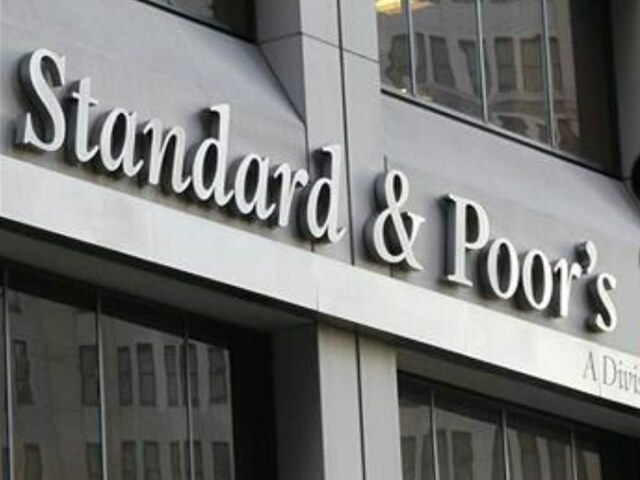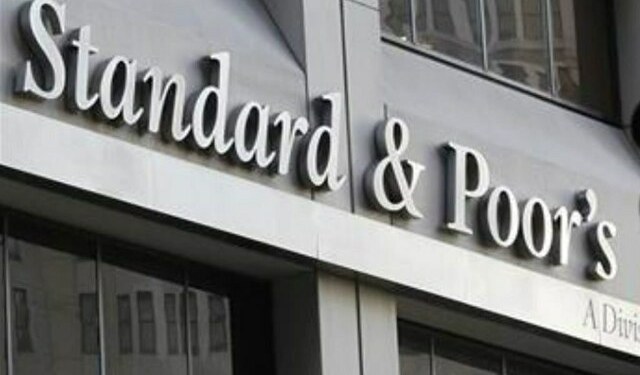NEW YORK: Technology stocks weighed on the Nasdaq and the S&P 500 on Monday as prudent investors awaited a pivotal monetary policy decision from the Federal Reserve later in the week and most traders priced in a steep reduction in borrowing costs.
Rate-sensitive chip stocks fell, with Nvidia, which led much of this year’s rally, down 2%, Broadcom losing 3.4% and Qualcomm dropping 1.5%, sending the Philadelphia SE Semiconductor index lower by 2%.
Other growth stocks also took a hit. Apple slid 3% after an analyst at TF International Securities said demand for its latest iPhone 16 models was lower than expected.
Amazon.com lost 1%, while Tesla fell 0.30%.
“Investors are lowering risk exposure ahead of the Fed decision. The market is just being a bit more pragmatic and letting go of technology,” said Andre Bakhos, managing member at Ingenium Analytics.
At 11:38 a.m. the Dow Jones Industrial Average rose 64.71 points, or 0.16%, to 41,458.49, the S&P 500 lost 13.14 points, or 0.23%, to 5,612.88 and the Nasdaq Composite lost 146.18 points, or 0.83%, to 17,537.79.
Seven of the 11 S&P 500 sectors edged higher. Financials rose 0.90%, while rate-sensitive tech stocks were the biggest laggards, shedding 1.2%.
Markets have rallied since the start of this year on expectations the world’s most influential central bank would kick off its monetary policy easing cycle soon.
The Dow hit an intraday record high and the S&P 500 is less than 1% from its own milestone.
The benchmark index and the tech-heavy Nasdaq had notched up their biggest weekly jumps in about 11 months on Friday, although analysts attributed the optimism to signs of a robust economy rather than rate-cut expectations. Following a diverse batch of economic reports and comments from a former policymaker in the last few weeks, traders swayed in their bets on what decision the central bank would arrive at during its Sept. 17 to 18 meeting.
Odds for a 50-basis-point cut are at 61% from 30% a week ago, according to the CME FedWatch Tool, which showed a 39% probability of a 25-basis-point reduction. There is concern that an outsized move could mean the Fed sees the economy cooling at a faster-than-anticipated pace.
“The key is the talk and rhetoric around the cut. How the Fed is going to address the macro picture and what will investors take away from that. You’re going to get a market that’s relatively quiet until then,” Bakhos said.
Intel Corp climbed 3.4% after a report showed it qualified for as much as $3.5 billion in federal grants to make semiconductors for the US Department of Defense.
Boeing dipped 1.3% after the planemaker said it was freezing hiring and weighing temporary furloughs in the coming weeks as its workers’ strike stretched to its fourth day.
In economic data, reports on retail sales, weekly jobless claims, housing starts and industrial production are due through the week.
Advancing issues outnumbered decliners by a 1.64-to-1 ratio on the NYSE, and by a 1.07-to-1 ratio on the Nasdaq.
The S&P 500 posted 79 new 52-week highs and one new low, while the Nasdaq Composite recorded 111 new highs and 45 new lows.

Source: Brecorder





























